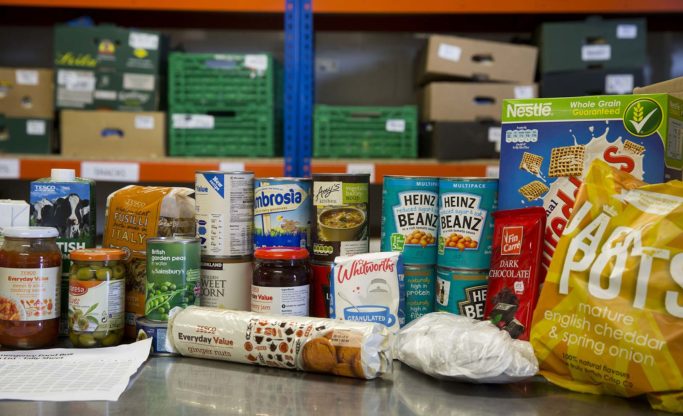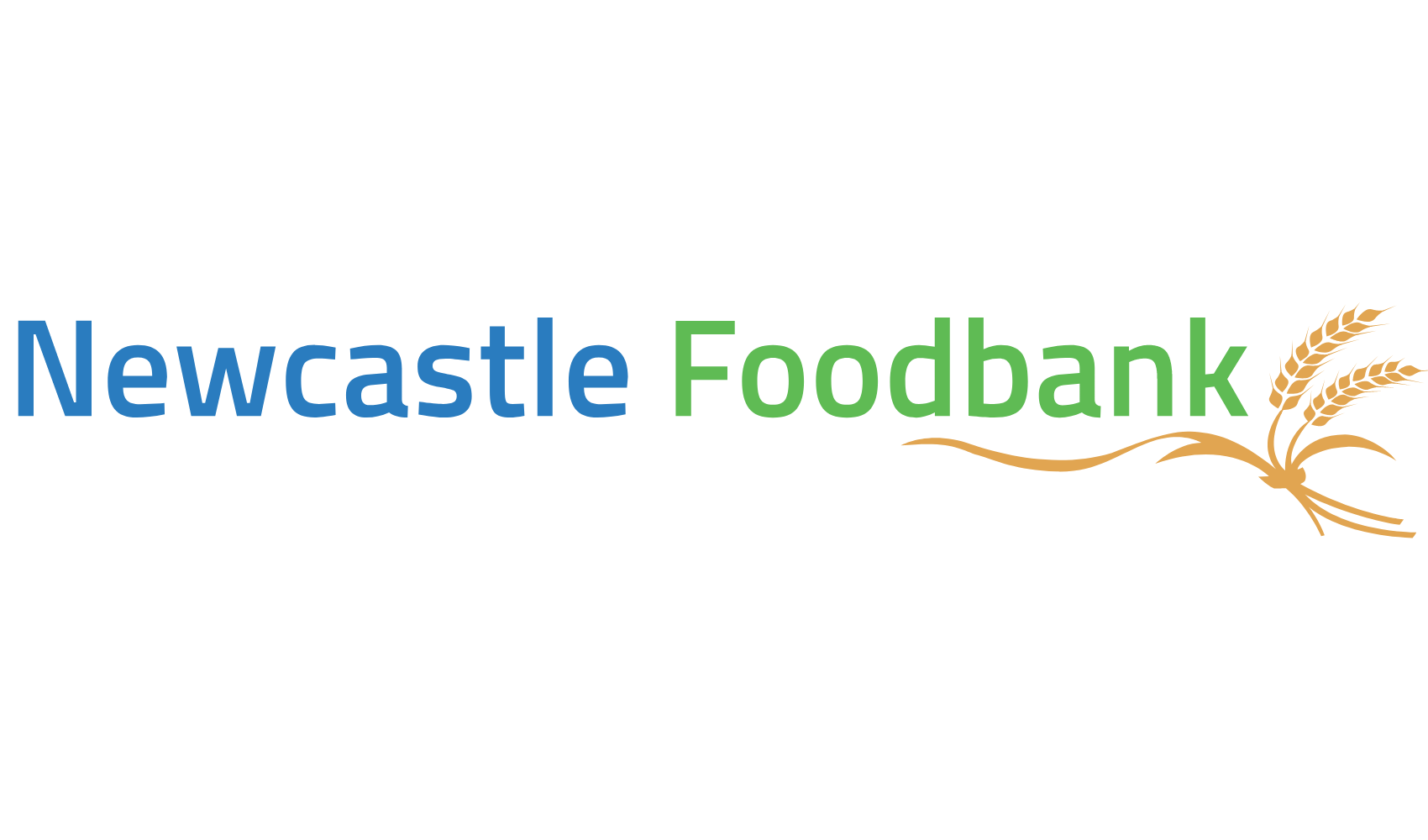
Demand for our food is continually rising. Over the past year it’s risen by 23 per cent. That amounts to 137 tonnes.
And it’s made possible by generous donations from people and businesses, large and small. Yet demand is still exceeding supply – particularly at this time of year.
That’s before we factor in all the political uncertainty in Britain – and our future relationship with mainland Europe, a vital source of food as we approach the end of the British growing season.
But leaving that aside, the challenge in the run-up to Christmas is getting sufficient donations to build up stocks to meet demand for food parcels over December, January and February. These are the busiest months for our food bank. Demand for our services reaches an average 1,300 food parcels each month. They feed around 4,100 people every month.
Our concern is that donations are slow to build up again after the Christmas period. We are working hard to increase donations in December to cope with the high demand for our services in January and February. During these months, John McCorry, chief executive of the food bank, says experience shows that “people’s financial vulnerability is more exposed than at other times in the year.”
Why the demand?
While individual circumstances clearly vary, one overriding theme often emerges: a system meant to simplify benefits for the most vulnerable is actually creating the problems it was meant to solve. We’re talking about Universal Credit. As the Trussell Trust, to which we’re affiliated says, the roll out of Universal Credit – and the five-week wait for the first payment – is driving more people into poverty. “That’s far too long for people to wait,” says McCorry. With little or no money, the poorest face only one alternative: the food bank.
